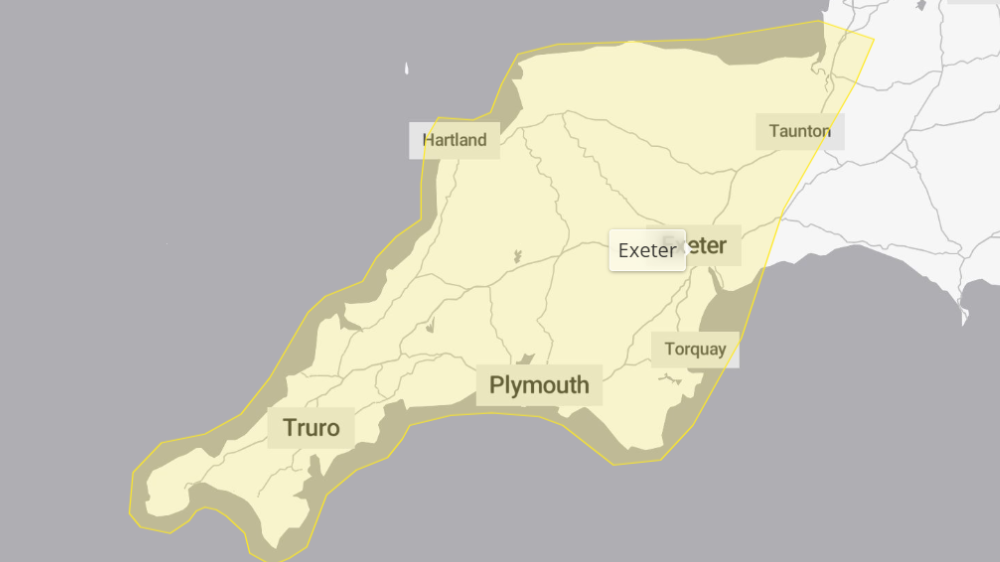
Local authority care homes expected to save money
More children’s homes are to be provided in Plymouth as the city council aims to “takes back control” of the residential care market where costs have skyrocketed.
The council says it is moving ahead “at pace” to deliver two high-quality homes.
Business cases and capital investment have been approved by the cabinet, which is proposing to borrow £2 million to pay for the three-bed homes.
The cabinet has also approved a feasibility study to create an additional home for children with complex needs to live or take short breaks.
Fifty-seven children in the care of the city council are currently in residential settings; a figure it says is “stubbornly high”.
Around two-thirds of the council’s £60 million budget for children’s services was allocated to full placements costs for its ‘looked-after’ children in this financial year, with an overspend of £4 million predicted half way through the year.
Children in residential care homes are forecast to cost £18 million. Thirty-three of them live outside Plymouth, which is costing the authority up to £100,000 a year more per child.
A placement in an unregulated setting (meaning not registered with Ofsted) costs between £12,000 and £16,000 a week, more than double the cost of registered homes, and the council is having to use these when care is needed at short notice, often when relationships between foster carers and children break down.
Earlier this year, the council asked the government to investigate the fees charged by some of the largest children’s placement providers which make “eye-watering profits from the most vulnerable people in society.”
The authority has been looking at how it can provide its own placements rather than rely on private companies.
Cabinet member for children’s services and deputy council leader Jemima Laing (Lab, Stoke) said this had been “a long time coming” and was “a no-brainer on so many levels”.
She said a shortage of foster carers for children with more complex needs is a national issue, resulting in costly residential care being needed.
Cllr Laing told members of a full council meeting this week that providing two homes is just the start and more will follow if it goes well.
A respite home in the city could stop placements with foster carers breaking down, providing better outcomes, she said.
Other local authorities, including Rotherham where there are nine children’s homes, are offering advice to Plymouth.
A bid is expected to be made to the government’s recently launched Complex Needs Capital Investment Programme for one of the homes.
“Properties are being viewed and everything, including staff, recruitment and preparation for Ofsted inspection, is being lined up so we can get the first two homes in place as soon as we possibly can,” said Cllr Laing.
Cabinet member for finance Cllr Mark Lowry (Lab, Plymouth) said this is an important step in taking back control of a market that was “stinging us for a lot of money. We can do better ourselves and hope there will be some financial benefit.”
 14-year-old girl missing from Exeter
14-year-old girl missing from Exeter
 Man reattaches flags moments after removal
Man reattaches flags moments after removal
 Rocket builder careers in Cornwall to soar
Rocket builder careers in Cornwall to soar
 'Twas the weather warning before Christmas
'Twas the weather warning before Christmas
 Police watchdog investigates after fatal Plymouth crash
Police watchdog investigates after fatal Plymouth crash
 Torbay memorial bench prices top London's
Torbay memorial bench prices top London's
